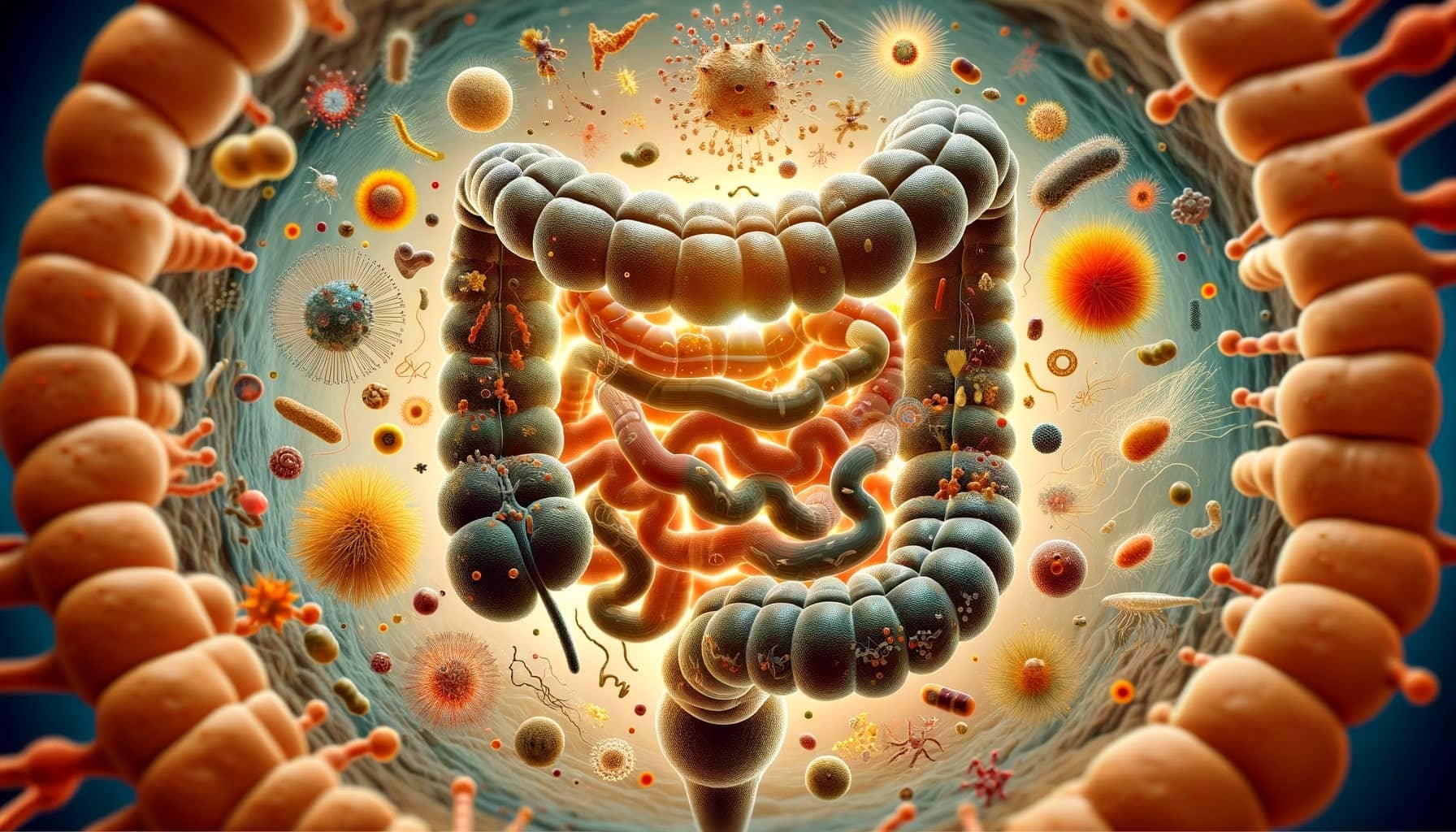
The Gut Microbiome: Unlocking Its Role in Aging
Scientists are now realizing how important our gut microbiome – the trillions of bacteria in our intestines – is for our overall health. These bacteria help us digest food, fight off harmful germs, and produce important things like vitamins and fatty acids. They also communicate with our brain and other organs, playing a big role in our health.
When Gut Bacteria Get Out of Balance: Dysbiosis
If the balance of bacteria in our gut is upset, a condition called dysbiosis, it can cause various health problems. This includes obesity, type 2 diabetes, bowel diseases, brain disorders, heart disease, and even cancer. Changes in the gut bacteria as we age are increasingly being linked to health and disease in older adults.
How Our Gut Bacteria Change as We Get Older
While the variety of bacteria we have as kids stays pretty stable into adulthood, it starts to change as we age. This results in fewer different types of bacteria. Studies on people who live to be very old show changes like fewer Bacteroides and Roseburia but more bacteria linked to long life, like Bifidobacterium and Akkermansia.
The Aging Gut Microbiome Becomes Unique
As people get older, their gut microbiomes become more unique. This uniqueness is tied to longer survival. Healthy older adults tend to have a different mix of gut bacteria compared to those in poorer health. This unique mix of bacteria is related to immune regulation and inflammation.
Different Ways Aging and Gut Bacteria are Linked
There are many ways gut bacteria changes are linked to aging. For example, some substances produced by gut bacteria, like indoles from breaking down amino acids, can help older adults stay healthy. These substances help control inflammation and have been shown to extend life in animals.
Can Fecal Transplants Rejuvenate Us?
Fecal microbiota transplantation (FMT) – transferring gut bacteria from young to old mice – has shown exciting results. It seems to rejuvenate older mice, suggesting that gut bacteria play a role in inflammation and immune decline with age.
Improving Longevity Through the Gut
Changing the gut microbiota with specific probiotics or diet changes might help extend life and improve brain health in older age. For instance, a probiotic called Lactobacillus plantarum GKM3 has been shown to increase lifespan and improve brain function in mice. Eating less or adding beneficial bacteria like A. muciniphila can also reverse age-related changes in the gut.
Future of Aging Research: Focusing on the Microbiome
These discoveries highlight the huge impact of the gut microbiome on aging. By understanding and influencing our gut bacteria, we might find new ways to live healthier, longer lives. This is an exciting area in aging research, promising new strategies for healthy aging.
